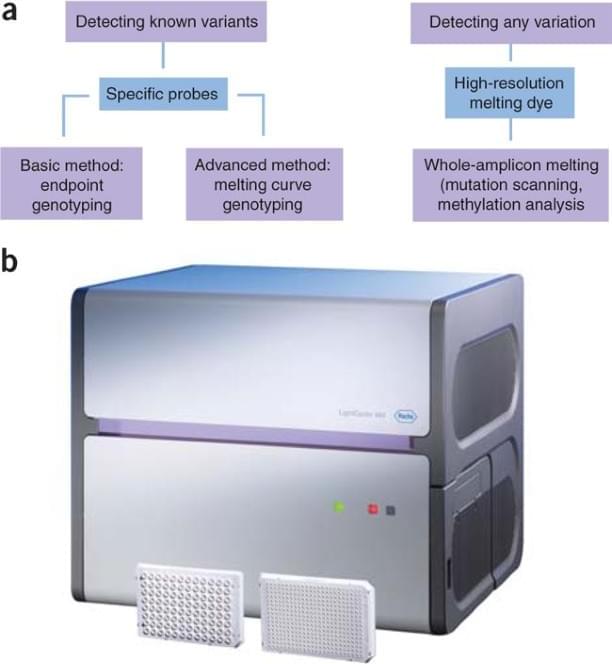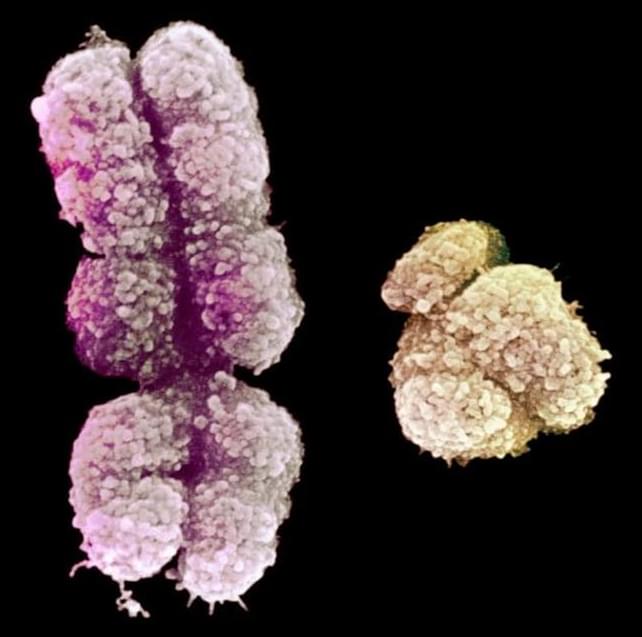A geological mystery is unfolding far beneath our feet, and it may shed light on the life-sustaining magnetic field that extends far above our heads.
Each year, the solid-iron inner core at the heart of our planet expands by about a millimeter as the Earth’s nether regions cool and solidify. According to a recent study, one side appears to be growing faster — but scientists don’t know why.
This phenomenon likely dates back to the inner core’s creation, between 1.5 billion and half a billion years ago. At this point, after billions of years of cooling, the Earth’s fiery interior finally lost enough heat to begin an ongoing process of crystallization. Now, as the outer core’s molten iron loses heat, it crystallizes to become the newest layer of the inner core.
The center of this hyperactive hemisphere lies 1,800 miles (2,896 kilometers) under Indonesia’s Banda Sea: About 60 percent more iron crystals form at that point on the inner core than on the other side of the world.








